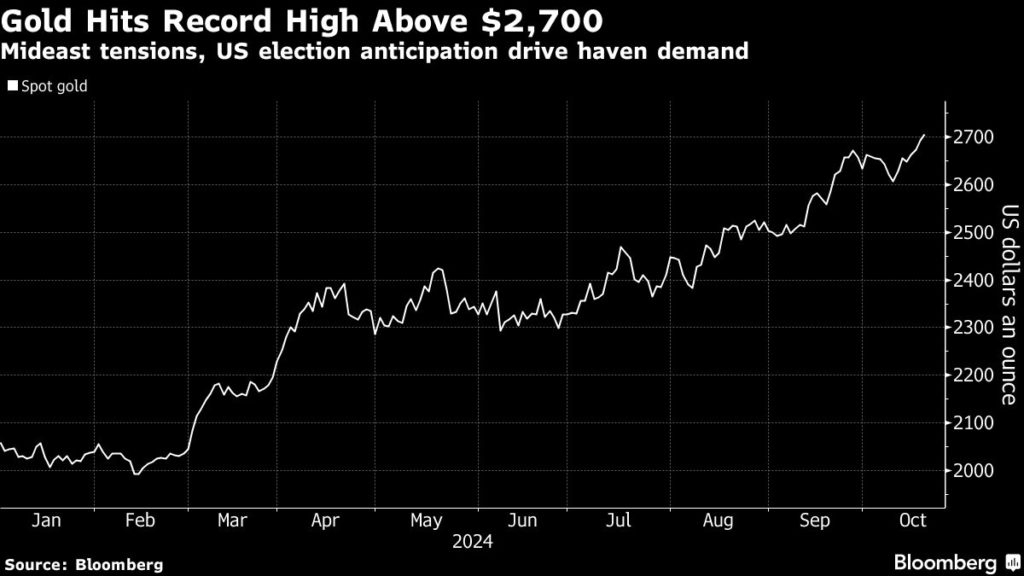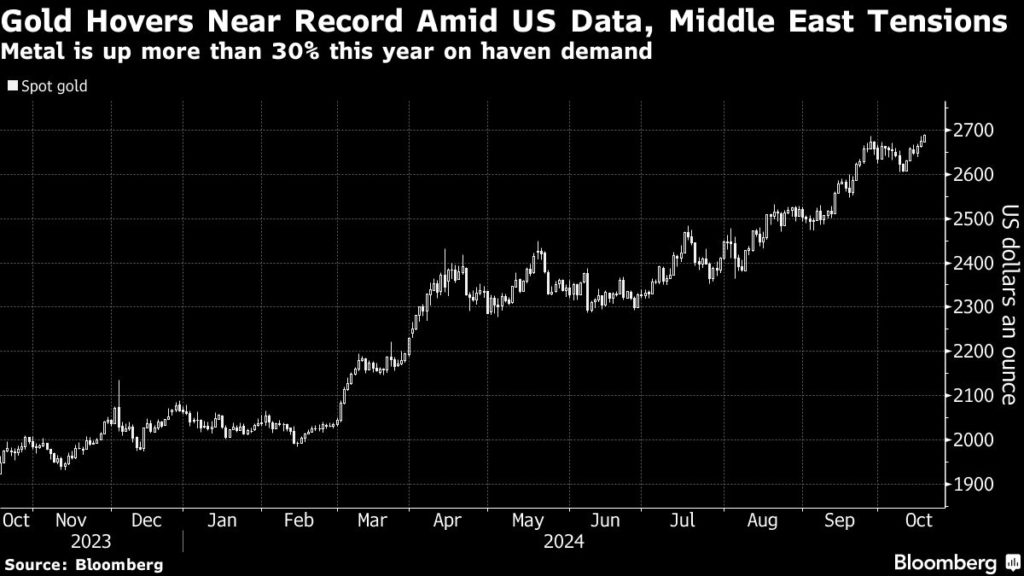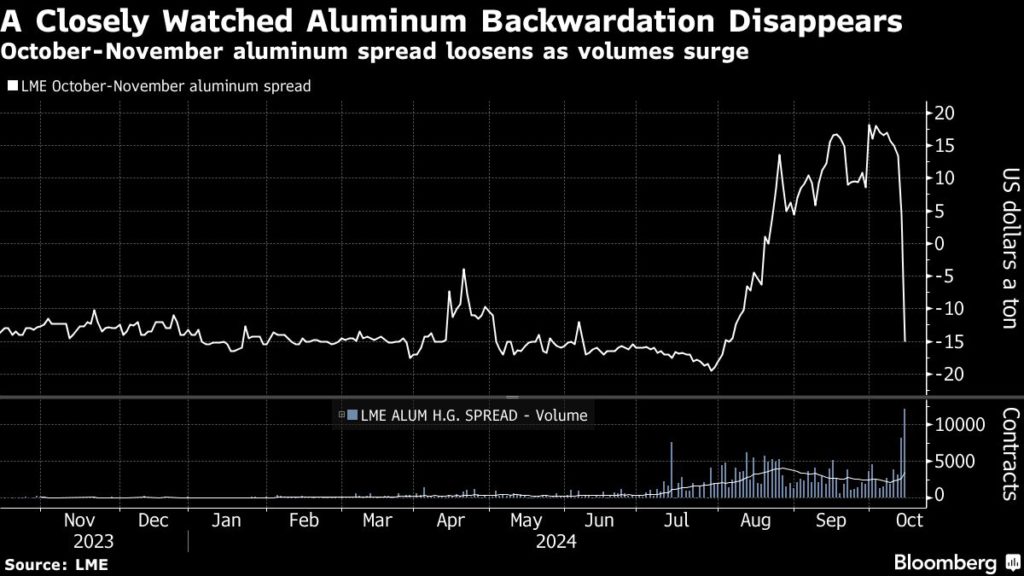
Over the past decade, resource misclassification has saddled the mining industry with a costly problem. It’s one Guy Desharnais, Osisko Gold Royalties’ (TSX: OR; NYSE: OR) vice-president for project evaluation, calls “classification debt.”![]()
Explorers and developers often overstate the certainty of mineral resource classifications based on inadequate data, Desharnais said at an event in Vancouver on Wednesday. The practice has in some instances led to unexpected analyst downgrades, soaring costs and debt, and the derailment of promising assets.
“That classification debt, unfortunately, needs to get paid,” he told about 430 conference participants from 21 countries at CIM’s first Mineral Resources & Mineral Reserves conference. “The CEO may be walking around with a 3-million-oz. resource estimate, but they haven’t earned that classification with sufficient drilling. When the debt comes due, it’s often through painful reclassifications and revisions.”
Decade of missteps
Several recent projects have demonstrated the high cost of classification debt.
Rubicon Resources’ catastrophic 91% downgrade in resource estimates in 2015 stands as one of the most glaring examples. After it began initial production at the F2 gold deposit on its Phoenix property in Ontario’s Red Lake district, the company found the deposit to be uneconomic, shuttering the operation. It had not completed a feasibility study for the high-grade project.
The size of the downgrade blindsided investors and stakeholders, and the company had to undergo a painful restructuring to survive. Rebranded as Battle North Gold, Evolution Mining (ASX: EVN) bought it and its renamed Bateman project in 2021 for $343 million.
In 2018, Pretium Resources promoted the Brucejack gold project in northwestern British Columbia’s Golden Triangle, now owned by Newmont (NYSE: NEM, TSX: NGT, ASX: NEM, PNGX: NEM), as a high-grade gold deposit. Yet, the asset disappointed when gold production grades fell far below expectations.
The nuggety nature of the gold, with Brucejack’s steeply dipping quartz veins and erratic grade distribution, made it difficult to consistently meet production targets, forcing the company to push tonnage through the mill to compensate for lower-than-expected grades.
Aurora (2018), Rainy River (2019), and Gold Bar (2020) show how resource overestimation hurt Guyana Goldfields, New Gold (TSX: NGD; NYSE: NGD) and McEwen Mining (TSX: MUX; NYSE: MUX). They had to downgrade estimates mid-operation. This triggered mine plan revisions, soaring costs, production delays, and financial strain.
Grade versus geometric risk
Desharnais identifies two types of risk that contribute to resource misclassification: grade risk and geometric risk.
Grade risk reflects patchiness in ore quality, while geometric risk involves uncertainty about the size and shape of mineralized domains within the deposit.
Conditional simulations help assess grade risk, Desharnais said, but tools to quantify geometric risk are lacking.
Companies often overestimate deposit geometry without tighter drilling, leading to costly misjudgments.
“Sparse drilling gives us a simpler picture than reality,” he explained, adding that only closely spaced drilling can reveal the true complexity of orebodies.
Best practices
Mathieu Doucette, a senior geologist at ArcelorMittal (NYSE: MT), talked about the difficulty of classifying resources at Canada’s largest iron mine, the Mont-Wright iron ore mine in Quebec, producing continuously since 1974. Outdated data can affect current resource estimates. He illustrated how mixing in fresh drill holes helps manage geological risk as part of a dynamic model essential to avoid misclassification.
“The first thing [a QP] will do is akin to lighting a torch,” he said. “But everything on the edges is dark, and you can’t really see it. Drill holes are our ability to try and get some information, but sparse data hides the full picture.”
David Machuca-Mory, a principal consultant at SRK Consulting, said fixed models are risky. Deposits can be more unpredictable than they seem. Adaptive methods help ensure estimates reflect reality, reducing the chance of costly surprises.
“Even with dense drilling, some areas remain highly uncertain,” Machuca-Mory said. “Confidence intervals are large, and relying solely on drill spacing doesn’t always guarantee accurate classification.”
Cognitive biases
Desharnais said that misclassification is not just a technical problem; human psychology plays a significant role.
Anchoring bias makes companies stick with initial estimates despite new data. Authority bias pressures geologists and consultants to confirm favourable results to please management or investors.
“The consulting firm wants the next contract,” Desharnais said. “The CEO has family and friends invested and needs good news. These biases create a system where classification debt builds up across projects, only to be paid through painful revisions later.”
Owning up
Desharnais argued for more conservative resource models and said benchmarking against operating mines would help set realistic expectations. He suggested that technical reports include histograms that show the distance between drill holes and classified resources, he added.
“It forces the QP or CP to look at what they’ve done and ask: Does this make sense?” he said. “Transparent reporting would help prevent overly aggressive classifications, ensuring companies earn their resource classifications with sufficient data.”
Such measures may slow development, but they could also reduce the prevalence of misclassified resources in the industry. Desharnais urged geologists to scrutinize each block of material above the cut-off grade.
“Over-promising today only delays the inevitable correction tomorrow,” he said.








